Sweet! Well, artificially... Here's everything you need to know about all-natural Stevia

I have been using stevia for years. I hate artificial sweeteners and they do TERRIBLE things to your body. Stevia is a plant, and it is 300 times sweeter than sugar. It is also better for you than regular table sugar.
But what is stevia? I took some information from WEBMD about stevia and what it is:
"Those cheery, yellow mum plants you find in your supermarket each fall have a cousin over in the sweetener aisle. It’s a sugar substitute called stevia. (Honey Graham and I once took a leaf off of a stevia plant and chewed it and it was VERY tasty!) Stevia is about 100 to 300 times sweeter than sugar, but has no carbohydrates, calories, or artificial ingredients. Not everyone likes the way it tastes. Some people find it bitter, but others think stevia tastes like menthol. Try it in your morning coffee or sprinkled over your oatmeal to see if you like the taste. (My mom can’t STAND the taste of stevia and she can always tell when I try to use it)
A Naturally Sweet Fix
Stevia is natural, unlike other sugar substitutes. It’s made from a leaf related to popular garden flowers like asters and chrysanthemums. In South America and Asia, people have been using stevia leaves to sweeten drinks like tea for many years.
Look for stevia in powder or liquid form in supermarkets and health-food stores. You’re likely to find it on the baking goods aisle or in the health food aisle. You may even get your sweet caffeine fix without calories or artificial sweeteners. Major U.S. soda companies now sell diet cola soft drinks sweetened with stevia. Some flavored waters also have stevia.
If you have diabetes, stevia could be a way to sweeten your yogurt or hot tea without adding carbohydrates.
Cooking With Stevia
Yes, you can cook with it. Each brand has its own sugar-to-stevia ratio, so check the package before you measure out sweetener.
Keep It Safe
The FDA approved only the purified form of stevia, called stevioside, as safe to use. If you see whole stevia leaves or crude stevia extracts at your local natural foods store, don’t buy them."
I found another article from mayoclinic and I will paste part of it here as well:
Sugar substitutes are loosely considered any sweetener that you use instead of regular table sugar (sucrose). Artificial sweeteners are just one type of sugar substitute.
The topic of sugar substitutes can be confusing. One problem is that the terminology is often open to interpretation. For instance, some manufacturers call their sweeteners "natural" even though they're processed or refined, as is the case with stevia preparations. And some artificial sweeteners are derived from naturally occurring substances — sucralose comes from sugar, for example.
Uses for artificial sweeteners
Artificial sweeteners are attractive alternatives to sugar because they add virtually no calories to your diet. In addition, you need only a fraction compared with the amount of sugar you would normally use for sweetness.
Artificial sweeteners are also popular for home use. Some can even be used in baking or cooking. Certain recipes may need modification, though, because artificial sweeteners provide no bulk or volume, as does sugar. Check the labels on artificial sweeteners for appropriate home use.
Possible health benefits of artificial sweeteners
One benefit of artificial sweeteners is that they don't contribute to tooth decay and cavities. They may also help with the following:
Weight control. One of the most appealing aspects of artificial sweeteners is that they are non-nutritive — they have virtually no calories. In contrast, each gram of regular table sugar contains 4 calories. A teaspoon of sugar is about 4 grams. For perspective, consider that one 12-ounce can of a sweetened cola contains 10 teaspoons of added sugar, or about 150 calories. If you're trying to lose weight or prevent weight gain, products sweetened with artificial sweeteners, rather than with higher calorie table sugar, may be an attractive option. On the other hand, some research has suggested that consuming artificial sweeteners may be associated with increased weight, but the cause is not yet known.
Diabetes.
Artificial sweeteners may be a good alternative to sugar if you have diabetes. Unlike sugar, artificial sweeteners generally don't raise blood sugar levels because they are not carbohydrates. But because of concerns about how sugar substitutes are labeled and categorized, always check with your doctor or dietitian about using any sugar substitutes if you have diabetes.
Novel sweeteners are combinations of various types of sweeteners. Novel sweeteners, such as stevia, are hard to fit into one particular category because of what they're made from and how they're made. Note that although the FDA has approved highly refined stevia preparations as a novel sweetener, it has not approved whole-leaf stevia or crude stevia extracts for this use.
Moderation is key with sugar substitutes
When choosing sugar substitutes, it pays to be a savvy consumer. Get informed and look beyond the hype. While artificial sweeteners and sugar substitutes may help with weight management, they aren't a magic bullet and should be used only in moderation. If you use sugar substitutes to save calories, be careful not to eat higher calorie foods as a reward for the calories you saved.
Just because a food is marketed as sugar-free doesn't mean it's free of calories. If you eat too many sugar-free foods, you can still gain weight if they have other ingredients that contain calories. And remember that processed foods, which often contain sugar substitutes, generally don't offer the same health benefits as do whole foods, such as fruits and vegetables."
All that being said (okay, copied and pasted), this Stevia powder is great. You don't need much. A little goes a LONG WAY. This jar will last for a LONG time. Read the above information and decide for yourself if it is worth a try. Personally, I think stevia is better for your body than artificial sweeteners and actual sugar, but I am not a doctor, nor do I play one on TV.
There are other varieties of Stevia out there too.
We use a variety of brands such as Stevia in the Raw, Truvia, Pure Via, and store brands. There’s also Stevia drops out there, but I personally don’t like these as much, although I have a good friend who ONLY uses the Stevia drops and doesn’t like the powder.
We use stevia for making Kool-Aid and we also use it in our coffee. I sometimes bake with it, but it’s sort of hard to bake with as baking sort of really needs the chemical structure of basic table sugar to do it’s thing… for instance, you cannot make meringues with anything other than sugar since sugar has the correct chemical formula and shape to combine with the egg whites and cream of tartar to make that wonderful substance.
Depending on what I’m baking, I’ll sometimes use half the sugar and then use stevia for the other half (but it’s not a 1:1 ratio… you have to look at the packaging of your stevia product for the specific ratio). It works better with some types of cookies than others. I do not like how peanut butter or sugar cookies come out using stevia, but snickerdoodles and chocolate chip cookies are alright. You just have to experiment!
Do you use any sort of sugar substitute?









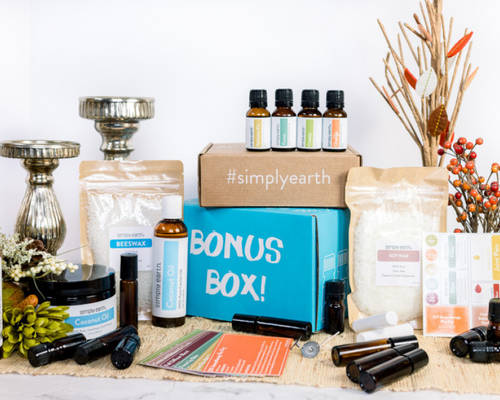
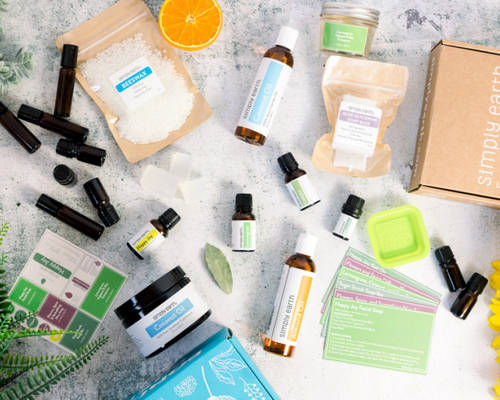
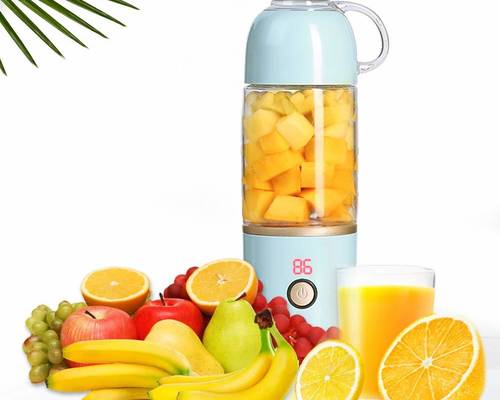
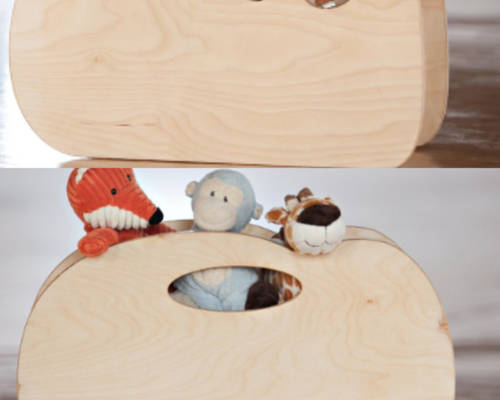





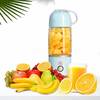
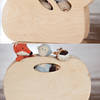





Comments